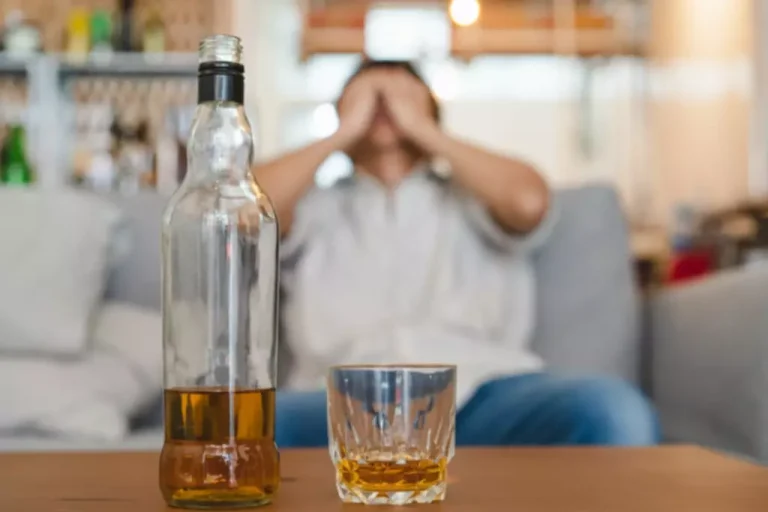
There are many different treatments that can help you during the process of overcoming an addiction, including medical and psychological approaches. There is no one “right” type of addiction treatment, although some approaches are better supported by research than others. If you drug addiction recovery have an underlying mental health problem, such as anxiety or depression, it could worsen during the withdrawal phase. Healthcare providers can be very supportive and helpful while navigating these challenges. Though addiction recovery is challenging, addiction is treatable.
Setting Healthy Boundaries in Relationships

“A young person’s close family is almost always a key part of the solution,” Hogue says, adding that family isn’t just parents and siblings. For young adults, family also includes significant others and close friends who spend most time with that individual and are the source of both https://ecosoberhouse.com/ positive and negative influences. Even after you’ve completed initial treatment, ongoing treatment and support can help prevent a relapse. Follow-up care can include periodic appointments with your counselor, continuing in a self-help program or attending a regular group session.
Does Blue Cross and Blue Shield of Illinois Cover Drug & Alcohol Addiction Treatment?
- Treatment and information aimed at adolescents can help them learn techniques for managing both positive and negative emotional states.
- “We are literally surrounded by people who are in recovery from a substance-use disorder, but we don’t know it,” Kelly said.
- Different quick stress relief strategies work better for some people than others.
- Mindfulness training, a common component of cognitive behavioral therapy, can help people ride out their cravings without acting on them.
As we reflect on these ten powerful stories of addiction recovery, we’re reminded of the incredible resilience of the human spirit. From the depths of heroin addiction to the grip of alcoholism, from battling dual diagnoses to maintaining long-term sobriety, each journey is a testament to the possibility of change and growth. Developing a structured and healthy daily routine is essential for rebuilding your life after addiction. This routine should incorporate a balance of self-care activities, productive tasks, and leisure time.
Are You Feeling Suicidal?

Signs and symptoms of inhalant use vary, depending on the substance. Some commonly inhaled substances include glue, paint thinners, correction fluid, felt tip marker fluid, gasoline, cleaning fluids and household aerosol products. Due to the toxic nature of these substances, users may develop brain damage or sudden death. Overcoming a SUD is not as simple as resisting the temptation to take drugs through willpower alone. Recovery may involve medication to help with cravings and withdrawal as well as different forms of therapy.
How to Use Blue Cross and Blue Shield of Illinois for Addiction Treatment & Rehab
Spending time with people who understand exactly what you’re going through can be very healing. You can also benefit from the shared experiences of the group members and learn what others have done to stay sober. Not everybody requires medically supervised detox or an extended stint in rehab. The care you need depends on a variety of factors, including your age, drug-use history, medical or psychiatric conditions. In addition to doctors and psychologists, many clergy members, social workers, and counselors offer addiction treatment services. This step-by-step guide can help you cope with cravings, deal with relapse, and overcome your substance use disorder.

He lost jobs, strained relationships, and eventually ended up hospitalized after a particularly severe manic episode. But for Emily, what started as typical college partying quickly spiraled into a dangerous pattern of binge drinking that followed her well into her twenties. Be open to modifying your goals, strategies, or routines if they are not proving to be effective; remain flexible and adaptable. In the face of a setback, be sure to reflect on the underlying factors that led to it and create a plan to address it in the future.
- 50.2 million American adults considered themselves to be in recovery from their substance use and/or mental health problems.
- Although there’s no cure for drug addiction, treatment options can help you overcome an addiction and stay drug-free.
- By sharing their journeys, these brave individuals offer hope, break down stigma, and encourage others to seek help.
Biden-Harris Administration Kicks Off National Recovery Month with Walk for Recovery and Gallery of Hope
Women and Alcohol
